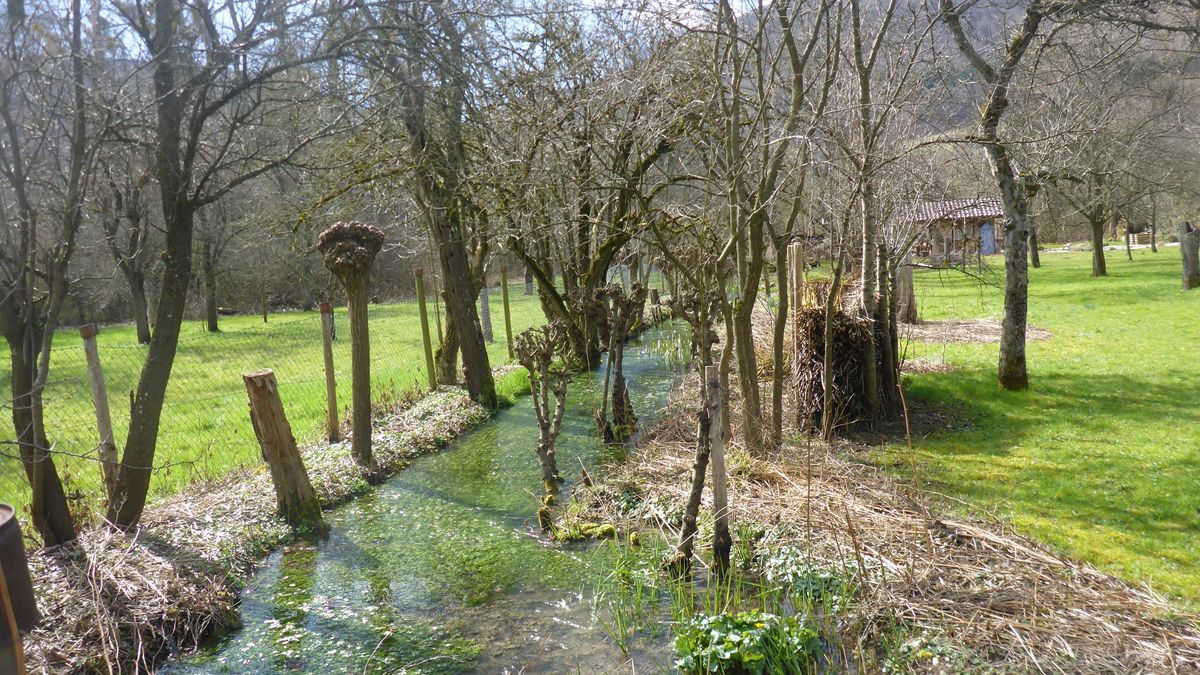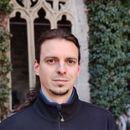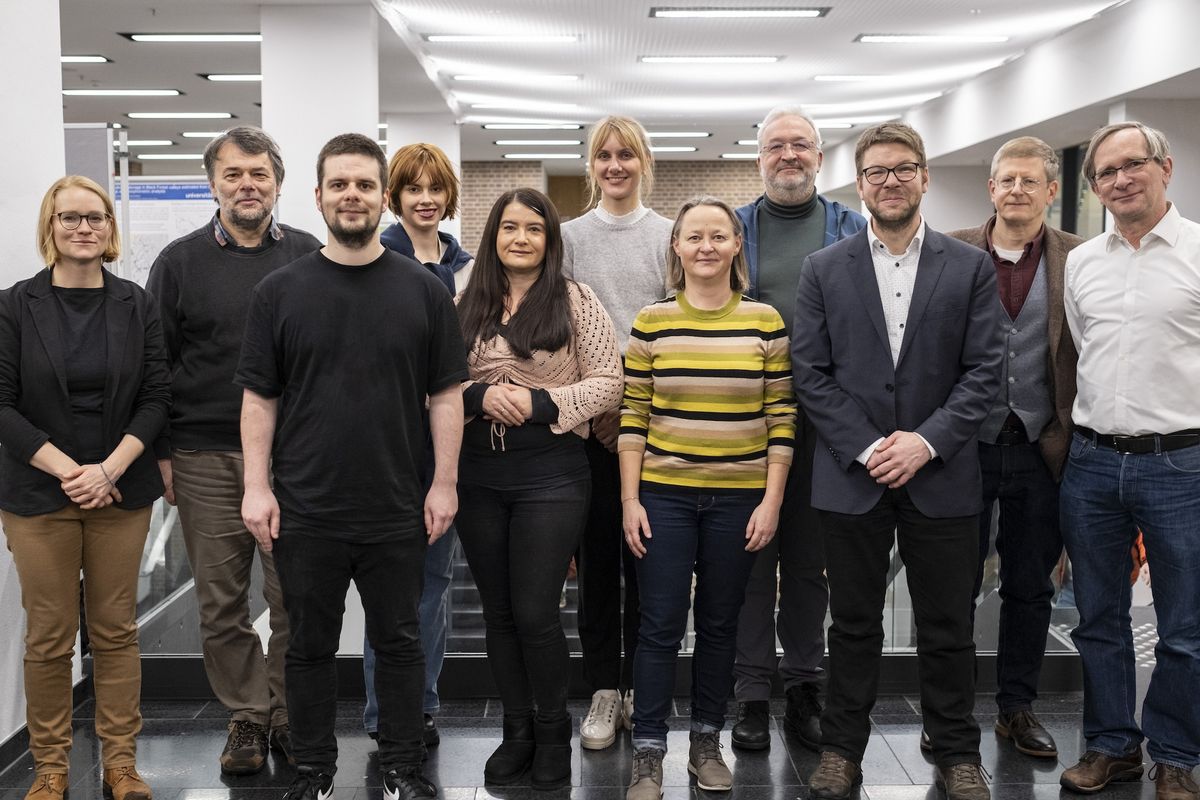Local pathways to the Fluvial Anthroposphere at Echaz (Rhine) and Eger (Danube). A comparative analysis from c. AD 1100 to 1800
Major Aim and Research Area
Our project aims to explore the evolution of local pathways to the Fluvial Anthroposphere and the underlying socio-ecological processes during the medieval and pre-industrial modern periods. It will provide a comprehensive multidisciplinary description of fluvial societies and floodplains analysed from the perspectives of a number of interconnected thematic fields combining archaeology, geosciences and history. In order to distinguish local exceptions from general trends, the floodplains of two comparable third order karst rivers in southern Germany, the Echaz (Rhine) and the Eger (Danube) with their tributaries, which nowadays are distinct Fluvial Anthropospheres, will be systematically compared. From c. AD 1100 to 1800, urban agents, the nobility, monastic communities and communes radically restructured both floodplains with individual local pathways.
We will focus on six thematic objectives and key hypotheses:
1. we will analyse hydropower exploitation: We hypothesise that specific local chronologies and distribution intensities led to individual path dependencies and impacts on floodplains and fluvial societies with several formative phases.
2. we will reconstruct the impact of urban craft and waste disposal on floodplain pollution: We hypothesise that towns are the main pre-industrial contaminators with a specific downstream pollution footprint that increased significantly over the course of the 13th to 15th century.
3. we will reconstruct the evolution of channel engineering: We hypothesise that hydropower facilities, urban water management and floodplain land use produced a distinct spatial pattern of artificial channels, with a particularly formative phase during the 13th-14th centuries.
4. we will reconstruct floodplain land use: We hypothesise that from the 12th-13th centuries extensively grazed wet meadows were transformed into managed water meadows and drained fields, with distinct chrono-spatial patterns and associated local effects.
5. we will reconstruct the human impacts on aquatic fauna: We hypothesise that channel engineering, hydropower exploitation, fishing and water pollution had a significant impact on aquatic biodiversity and that this impact, its individual spatial pattern and social consequences can be detected through various archives from the 13th-14th century onwards.
6. we will analyse the rights of and conflicts between different fluvial agents: We hypothesise that individual interests led to local pathways towards the Fluvial Anthroposphere, with the 13th-14th centuries being a particularly formative phase.
Methodological Approach
Using a multidisciplinary approach and integrating the evaluation of our key hypotheses, we will elucidate the specific chronological and spatial patterns of the emerging Fluvial Anthroposphere from c. AD 1100 to 1800. This will be based on new indices of anthropogenic impacts and sophisticated spatiotemporal modelling to guarantee transferable and scalable results.
Projektleitung
Our Team
Co-Investigator
Cooperation Partner
Schön, Marcel, Elemente der Fluvialen Anthroposphäre im Echaztal bei Reutlingen, in: Mittelalter. Interdisziplinäre Forschung und Rezeptionsgeschichte 7 (2024), S. 31–35, DOI: https://doi.org/10.26012/mittelalter-32750.
Iris Nießen; Gerrit Jasper Schenk; Marcel Schön (2025). Fluvio-social metabolism as a medium-range bridging concept. A proposal for the study of the fluvial anthroposphere
(preprint). iDAI.repo. https://doi.org/10.34780/dtuitqwl


















